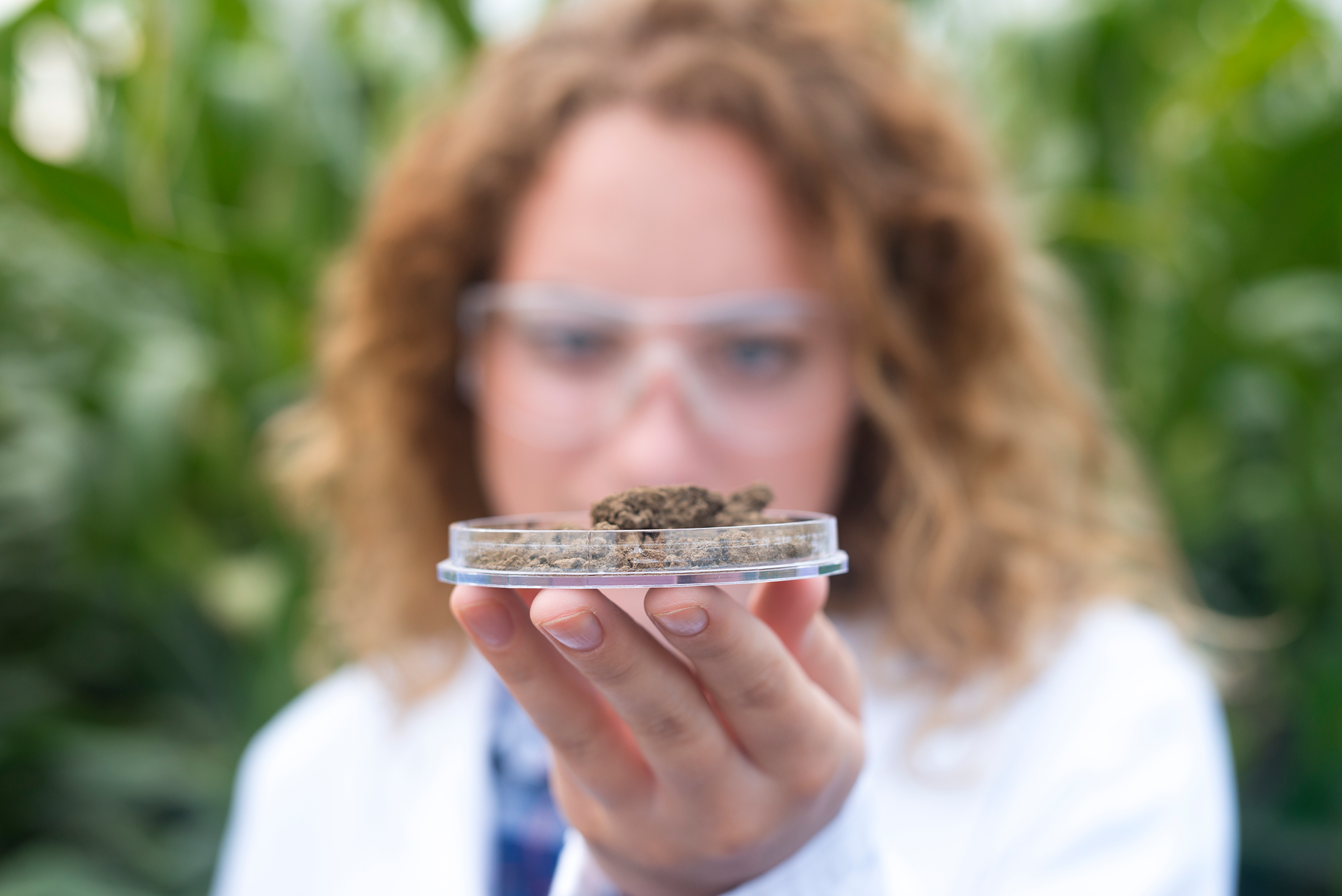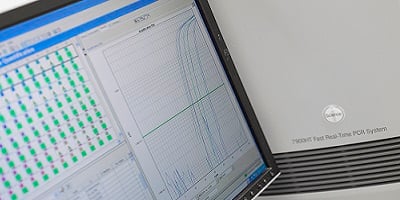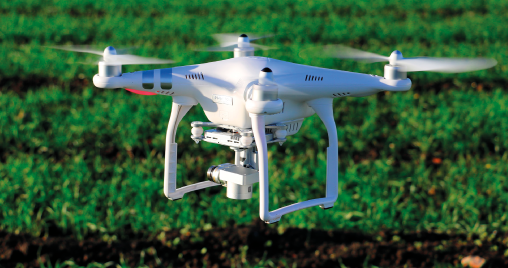Most laboratories operate to either ISO17025 or Good Laboratory Practice (GLP) accreditation depending on scope and areas of activity. An intriguing aspect of pharmacopeial testing from a laboratory perspective is the request for Good Manufacturing Practice (GMP) accreditation. This stems from the fact that most pharmaceutical products are subject to release testing, making the testing process an integral part of the manufacturing process, in which GMP is generally expected by the customer.
Fera Science Ltd., (Fera) stands out by having ISO17025, ISO9001, and having elements of laboratory work accredited to GLP. However, irrespective of the specific accreditations, certain expectations and demands should be placed on any laboratory partner, including the implementation of validated methods across a wide variety of matrices. Key criteria for these methods include:
- Specificity – the method should be selective to the analyte of interest and avoid interference from similar compounds. For example, limiting/reducing co-elution of compounds in HPLC methods that could give inaccurate results.
- Accuracy and Precision – producing results that are reproducible and as close to the “true value” as possible. Think of a dart player hitting triple 20 3 times.
- Analytical range – the method works across an appropriate range of expected concentrations in the product.
- Limits of Detection & Quantification – the method goes to a sufficiently low enough concentration to meet regulatory & safety requirements.
- Robust – the method is unaffected by minor shifts in parameters which may be necessitated by testing multiple different matrices.
- Repeatability – consistency in results when the same analyst, equipment and laboratory is used.
- Reproducibility – consistency across different laboratories or analysts. Does the method only work in very specific conditions with one specific analyst?
Any competent laboratory would have a method validation pack demonstrating how a method performs against the above criteria. Whilst GMP may be requested, methods still need to hold up to a higher standard.
|
Aspect |
GMP (Good Manufacturing Practice) |
ISO 9001 (Quality Management Systems) |
ISO 17025 (General Requirements for the Competence of Testing and Calibration Laboratories) |
Key Differences |
|
Industry Focus |
Pharmaceutical, Medical Devices, Food |
Cross-Industry, applicable to various sectors |
Testing and Calibration Laboratories |
GMP: Industry-specific regulations; ISO 9001: Cross-sector applicability; ISO 17025: Laboratory-focused standards |
|
Regulatory Requirement |
Mandatory, enforced by regulatory bodies |
Voluntary standard, not legally mandated |
May be required by accreditation bodies, not a legal mandate |
GMP: Mandatory compliance for regulated labs; ISO 9001: Voluntary adherence; ISO 17025: Potential requirement for lab accreditation |
|
Scope |
Specific to manufacturing processes |
Organisational quality management across all processes |
Specific to testing and calibration laboratories |
GMP: Focus on product manufacturing; ISO 9001: Comprehensive organisational quality management; ISO 17025: Laboratory-specific criteria |
|
Focus |
Product-centric, ensuring product safety |
Process-centric, promoting continual improvement |
Ensuring technical competency in testing and calibration services |
GMP: Safety and product-centric compliance; ISO 9001: Organisational improvement; ISO 17025: Technical competence for labs |
|
Application |
Product manufacturing, handling, and storage |
Organisational quality management across all functions |
Testing and calibration laboratory operations |
GMP: Applied to product handling and manufacturing; ISO 9001: Applicable across various organisational functions; ISO 17025: Lab-specific operations |
|
Objective |
Ensure product safety, consistency |
Enhance organisational efficiency and customer satisfaction |
Ensure competency in testing and calibration services |
GMP: Emphasis on safety and consistency; ISO 9001: Focus on organisational efficiency; ISO17025: Technical competency |
|
Compliance |
Regulated by specific industry-based bodies e.g., MHRA, FDA, EMA |
Voluntary and self-regulated adherence to ISO standards. |
Adherence to ISO standards and potential customer accreditation requirements |
GMP: Compliance regulated by specific industry bodies; ISO 9001: Voluntary adherence; ISO 17025: Potential accreditation requirements at labs |
| Certification or Compliance Body | MHRA, FDA, EMA, industry-specific regulatory bodies | Conformity assessment bodies like UKAS (United Kingdom Accreditation Service) | Conformity assessment bodies like UKAS (United Kingdom Accreditation Service) | GMP: Specific regulatory bodies; ISO 9001: International standardisation organisation; ISO 17025: Accreditation and conformity assessment bodies |
In conclusion, the choice between GMP, ISO9001, and ISO17025 accreditation depends on the laboratory's scope and activities, with Fera Science Ltd. notably holding ISO17025, ISO9001, and elements of GLP accreditation. Regardless of specific accreditations, laboratories should adhere to key criteria in method validation, including specificity, accuracy, precision, analytical range, limits of detection and quantification, robustness, repeatability, and reproducibility. Meeting these criteria is essential for any competent laboratory, even when Good Manufacturing Practice (GMP) accreditation is requested, emphasising the importance of upholding high standards in testing processes.
Find out more about our services here: https://www.fera.co.uk/medical-cannabis-testing









.jpg)